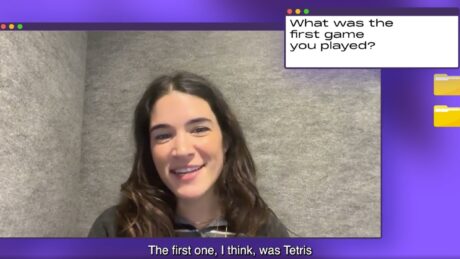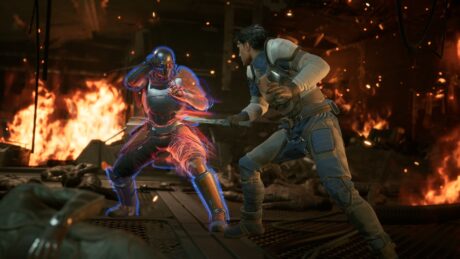An environment built for employees, by employees, that generates long-term success
If you asked the top brass at Fatshark if the company is better now than it has ever been, you’ll likely get a robust and prideful “fethaja.”
The phrase translates directly as “fat shark,” but is also the Swedish slang equivalent of “hell yeah!”
It’s that ability to be direct and inclusively irreverent that has come to typify the Swedish game development studio’s culture. Now, Fatshark is on a trajectory to be bigger and better than ever.
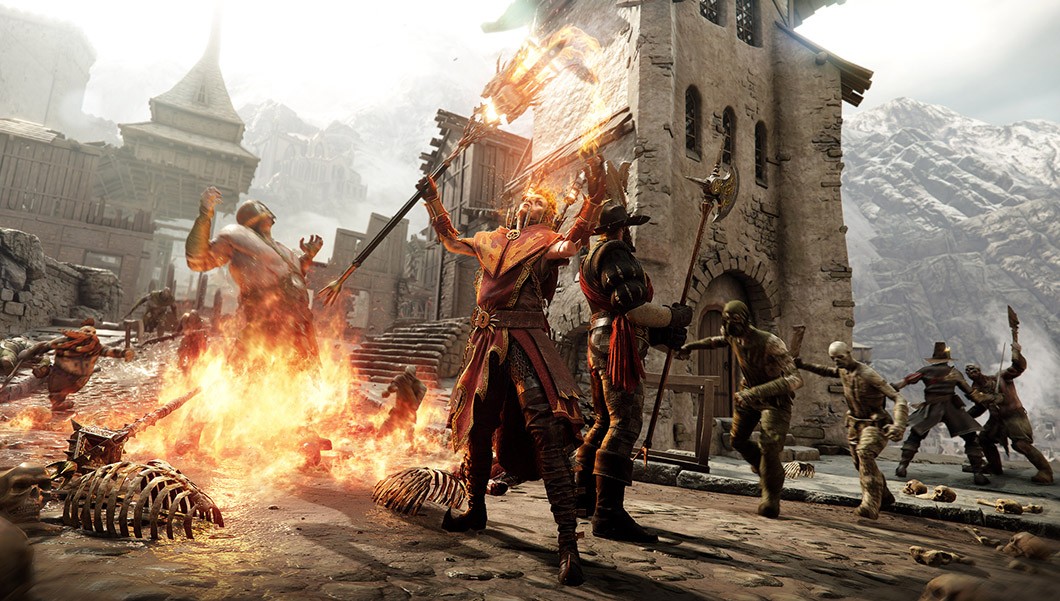
For Fatshark, everything started in 2007, with the team subcontracting for another game publisher. In 2010, it made the bold move to create its own game, with Lead and Gold. Its first major hit was 2015’s Warhammer: End Times – Vermintide. That was followed by Warhammer: Vermintide 2 in 2018, which rapidly slew all sales and revenue records of the original.
As Fatshark prepares to publish its third Warhammer title, Warhammer 40,000: Darktide in 2022, Level Infinite sat down with CMO Michael Stout and PR Manager Gunnar Johansson to talk about what’s behind the studio’s development prowess and what it’s like to be on the cusp of being the creator of a potential megahit game franchise. The following is part one of our two-part series on Fatshark.
“Fatshark’s culture is what sets us apart from other studios. Swedish culture is known to be relatively flat and not hierarchical, but we’ve taken that up a notch. Our CEO literally gets his hands dirty fixing the office coffee machine,” explained Johansson.
“Our developers are not afraid to boot senior management from a pre-booked conference room if they have an important meeting they need to hold. Everyone has a voice, everyone counts. It’s a key reason why developers love working for us, why we have one of the lowest attrition rates of any company in Stockholm – and as a gaming studio, no less.”
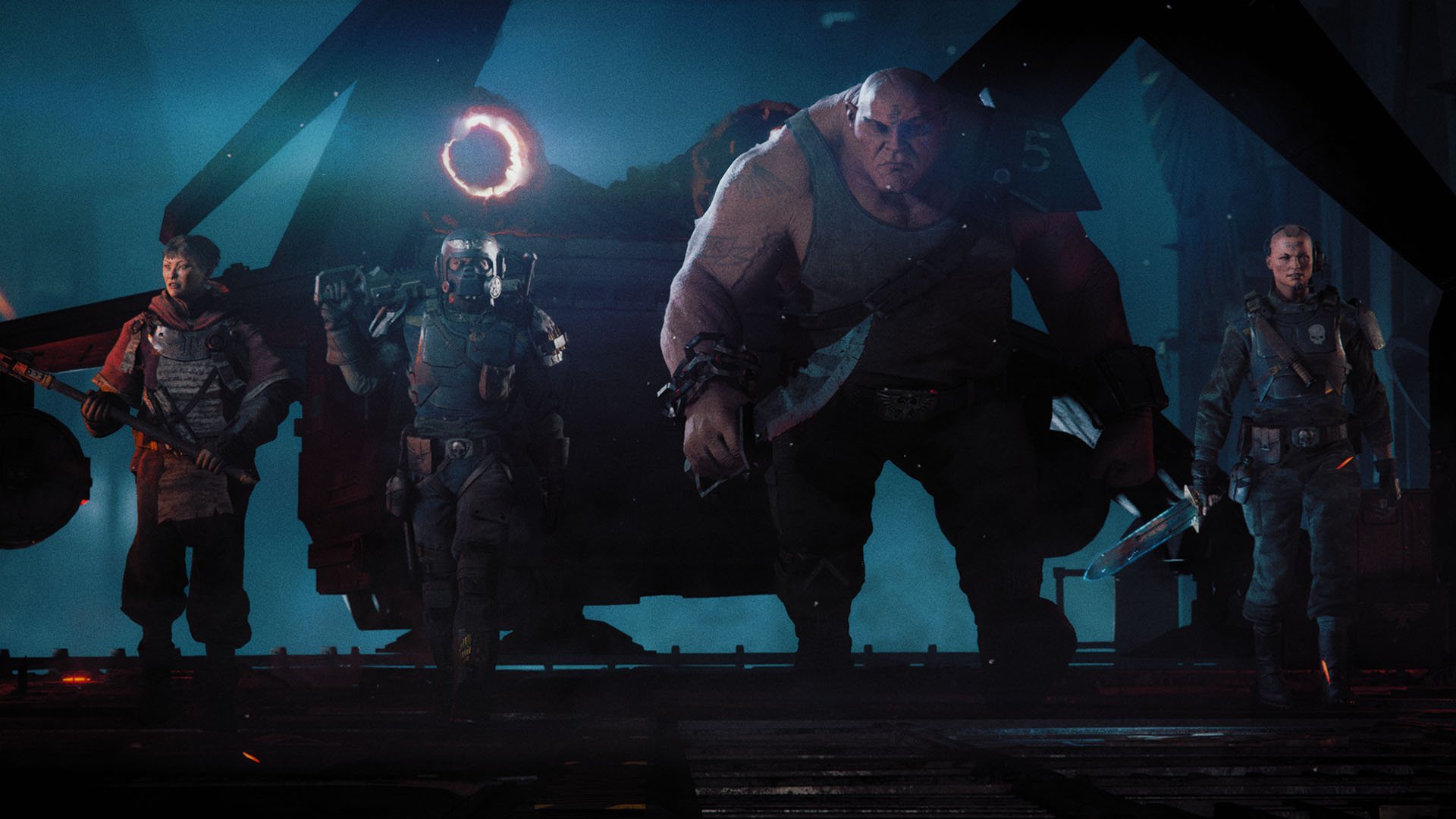
Making sure everyone has a voice creates ideas, ideas that otherwise wouldn’t have been heard. But it’s the notion that anyone’s idea can be challenged, from the CEO on down, that is key to the refinement process. That critical piece turns the seed of an idea into action – and code – is what really sets Fatshark apart from other game developers.
And at a time when the industry is getting intense scrutiny for toxic and negative work cultures, Fatshark’s reputation remains pristine, and more interestingly, quirky. After all, who knew that socks at the office would become a thing, a key part of the studio’s identity both internally and externally.
“Back in 2007, 2008, everybody took their shoes off because the office was kind of like home, which meant that was everybody was running around in socks,” Johansson recalled of the time when Fatshark was still consulting for now-defunct developer Grin.
“We did something that we called the Grin Olympics, where people were running, for maybe 15 yards and then sliding on the floor, and the one that slid the farthest would win prizes.”
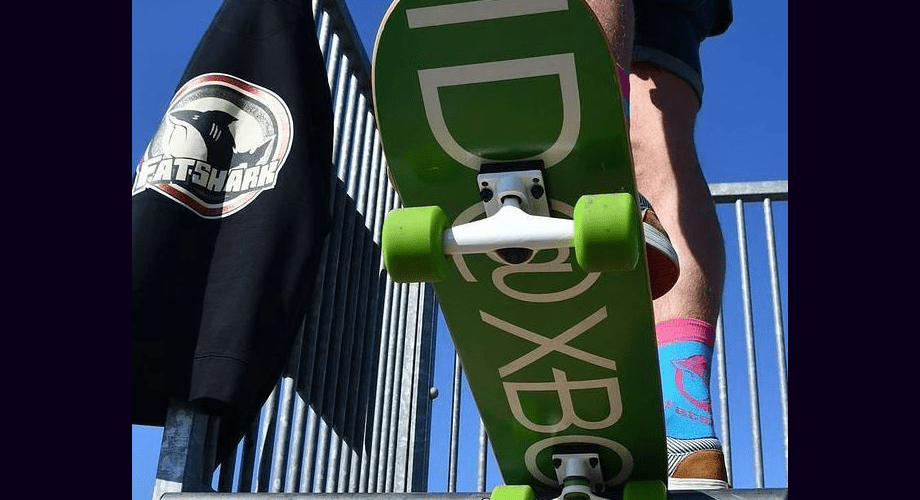
From the Grin Olympics came the idea of spreading Fatshark’s sock culture outside the studio, with the production of colorful and now-signature socks a staple of the studio’s marketing and promotional efforts. An estimated 250-500 pairs of socks are handed out at most events Fatshark attends. Today, Johansson estimates that there are close to 6000 pairs of Fatshark socks covering toes all around the world.
“It’s funny, it’s quirky, and it’s kind of who we are, and we stay true to that identity. It’s something that, I think, other people could do shirts, and of course we do hoodies, shirts, and patches and all of that. But most memorably, we have socks,” Stout added.
Even Christmas parties aren’t spared from that Fatshark touch, with employees bussed to medieval castles outside Stockholm where they can dress up as gaming or medieval characters or and get involved with activities meant for forging bonds and having a great time.
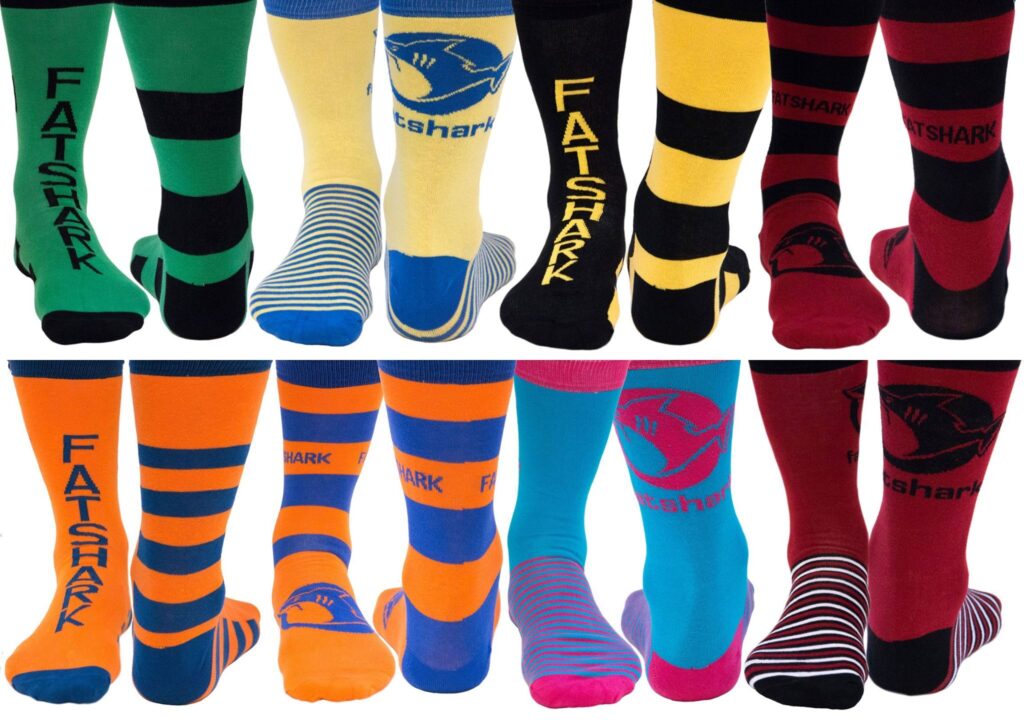
This idea of a tight-knit group coming together for fun, but yielding better results because of that bond, is inarguable, when you look at Vermintide 2’s success. Studio executives believe the close ties among the development team will help power Darktide to similar success.
Culture matters, but it can also only take you far without the resources you need to produce a AAA game in today’s competitive market. It took the sale of Fatshark’s 3D game engine, Bitsquid, to Autodesk back in 2014 to fund the original Vermintide. Now, with Tencent’s backing, the studio can focus on what matters the most: creating memorable games its audience covets.
As far as the two Fatsharkers are concerned, the studio has stayed true to the core values that got it to where it is today. Being a haven for creativity allows Fatshark to bring bold ideas to reality. The added capital also means that the studio can woo the right talent. Over the past 2 years, for example, it has grown to 190 employees and counting.
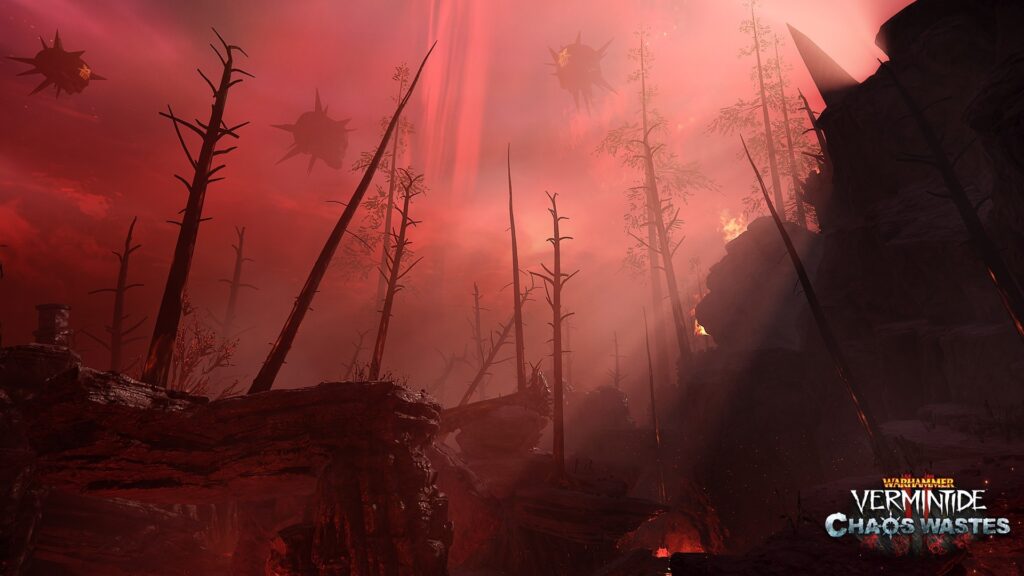
Being quirky, close-knit and talented doesn’t mean Fatshark is warm and fuzzy all over. Like its namesake, it knows what kind of shark-filled waters its swimming in, and the office is a constant reminder to staff that if you stop, you drown.
“We refer to each other as sharks, and even our meeting rooms are all named after sharks,” Stout said proudly.
Next, we sit down with Fatshark co-founder Martin Wahlund to talk about what’s next for the studio, and of course – socks.
About Fatshark
Fatshark was originally founded by Martin Wahlund, Rikard Blomberg, Joakim Wahlström and Johan Jonker. The company started off as subcontractors and in 2010 published their first game – Lead and Gold with the help of Paradox Interactive. In 2009 Fatshark co-founded Bitsquid which was acquired by Autodesk in 2014. The money from the sale funded their very first self-published AAA game, Warhammer: End Times – Vermintide.
For corporate information please visit our www.fatshark.se.
